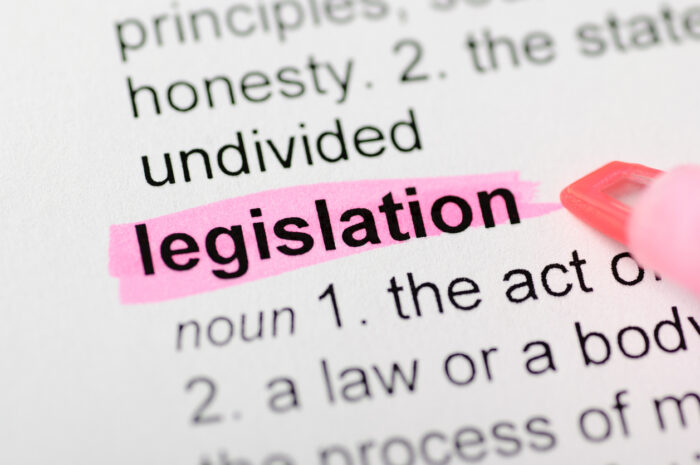WEP-GPO Repeal: The Easy Way Out? - Plan Advisor

The Senate and House of Representatives have blessed the Social Security Fairness Act, and final enactment into law rests with President Biden. While he’s expected to sign the bill, there is a bit of speculation about the impact it will have on Social Security’s already shaky financial situation. During the run-up to the Congressional voting, the Congressional Budget Office weighed in with cost projections of nearly $200 billion over the coming decade, an acceleration in the Social Security trust fund depletion of about 6 months, and an increase in the across-the-board benefit reduction if complete depletion occurs.
While proponents celebrate the bill’s passage, others raise concerns about its consequences. ThinkAdvisor senior reporter John Manganaro is one of those posing questions, citing the need for “smart policy reforms to protect vulnerable retirees while also avoiding higher-than-intended benefits going to workers who are less likely to face poverty in retirement.” In short, is there a better way to achieve the “fairness” objectives associated with the Social Security Fairness Act?
For background on the potential shift to more regressive implications for Social security, along with a brief tutorial on the mechanics of the Windfall Elimination Provision and the Government Pension Offset, check out Manganaro’s post here.
